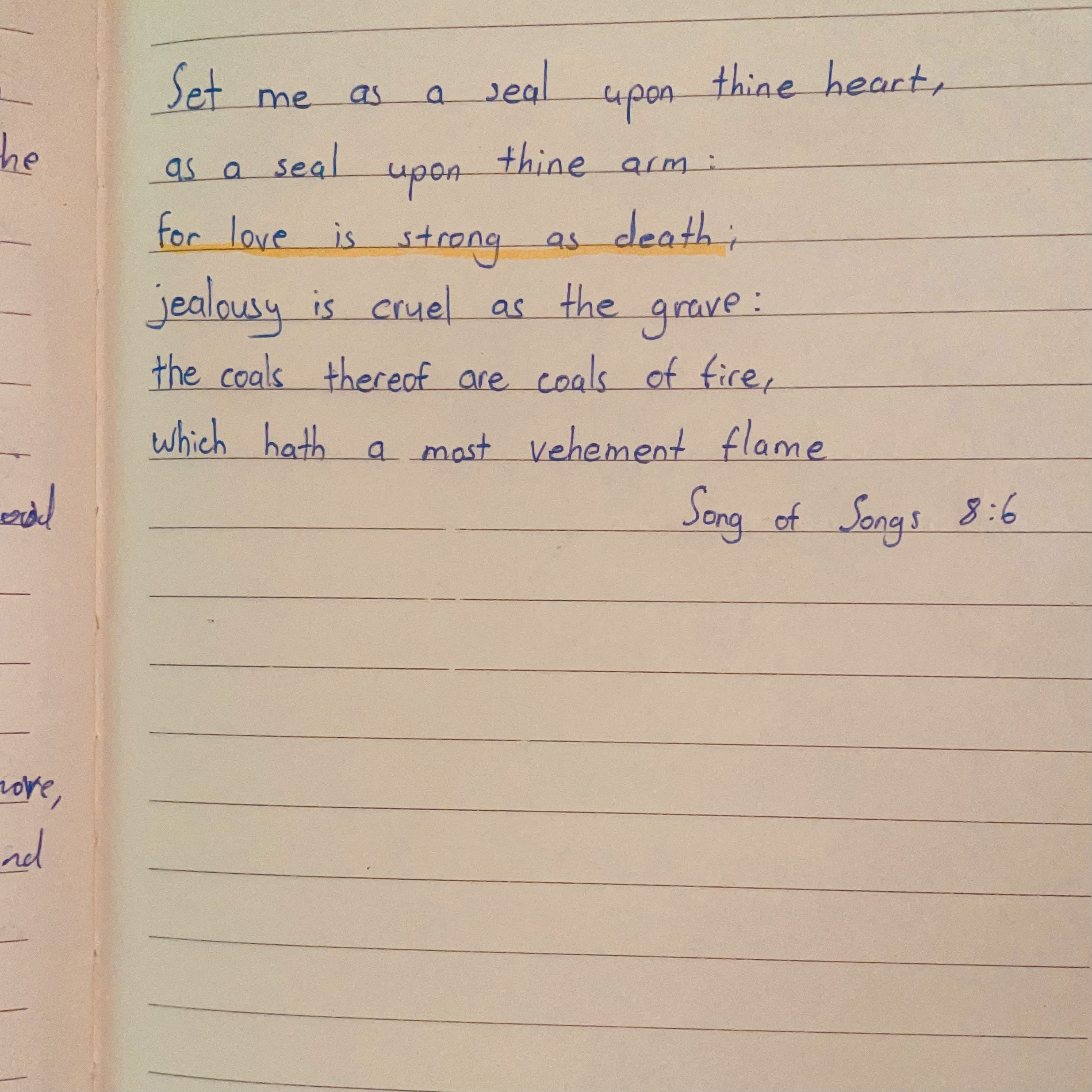Set me as a seal upon thine heart, as a seal upon thine arm: for love is strong as death; jealousy is cruel as the grave: the coals thereof are coals of fire, which hath a most vehement flame.
Song of Songs 8:6 (KJV)
This ancient poem speaks of a love that is as powerful and final as death itself, love is like a fire, a burning force. But this idea of “love” isn’t just about romance. It’s about the deep, driving desires of the heart for anything, from a noble cause to a destructive habit.
We humans seem to have a potent desire to give or feel love, whether it’s some teenage lovey-dovey or a ‘true’ love. Throughout centuries, people killed themselves because of love. People did both imaginable and unimaginable things because of this strong drive we call love.
We see it everywhere. People have built empires and torn them down, created breathtaking art, and even taken their own lives, all because of this powerful drive. It shapes us.
In fact, everyone has something they love, whether they admit it or not.
Someone recently challenged me on this, using the extreme example of a suicidal loner who seems to love nothing. But I’d argue even this person loves something. They have come to love loneliness, despair, or self-hatred so intensely that it directs their thoughts and actions toward unaliving himself. It’s a dark thing, but ironically is a powerful love nonetheless.
You are not just what you eat.
You are also what you love.
This idea isn’t new. For example, nearly 1,600 years ago, the church father Augustine of Hippo came to the same conclusion.
We know what wonderful things love can do. Often enough, the very love itself is base and licentious; but how many hard things people have endured, how many indignities and intolerable pains they have put up with in order to obtain what they loved—whether the lover of money whom we call a miser, or the lover of prestige and power whom we call ambitious, or the lover of beautiful bodies whom we call licentious! And could anyone list all the different sorts of love? Reflect, though, for a minute on what labors all lovers undertake, without even noticing that they are labors; and try to stop them from such painful exertions, and they exert themselves all the more strenuously. So since most people are somehow like the loves that drive them, and since their one concern in determining how they ought to live should only be to choose what they should love, why be surprised if those who love Christ and want to follow Christ should deny themselves in loving him?
–Saint Augustine of Hippo, Sermon 96, Section 1

He taught that to truly understand a person’s identity, you can simply see at what they love. Our loves define us. They are the engine of our lives.
This is precisely why the common advice to “follow your heart” can be so unsatisfying and even dangerous. Before we follow our heart, we must first train it on what is worth loving. We can only live right if we first love right. In a world that constantly tries to dictate and distort our desires, taking control of this is more important than ever.
We are brave enough to explore the deepest oceans and the vastness of space. Are we brave enough to explore the true landscape of our own hearts? Are we willing to honestly examine what we’ve set our love upon?
Maybe the most important exploration begins with the simplest question. The one you should ask yourself right now:
What do you really love?


Leave a Reply